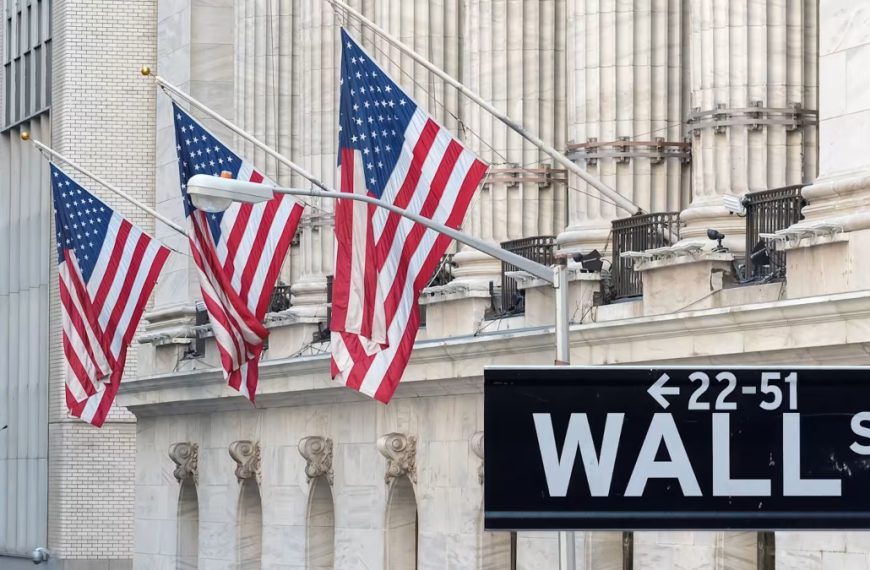The Mexican peso experienced a notable increase of up to 0.6% against the U.S. dollar before stabilizing its gains. This rise contributed to a broader recovery among emerging market currencies, which managed to reverse earlier losses by midday in New York. In contrast, currencies from Eastern Europe struggled, while the dollar saw a slight uptick, and Treasury yields remained relatively unchanged.
Economic Strategies and Responses
Lutnick, a notable figure in financial discussions, remarked on the contrasting approaches of various nations in their dealings with the U.S. He pointed out that some countries, including Mexico, engage in thoughtful evaluations of their business partnerships, while others resort to outdated retaliatory tactics. He emphasized that nations adopting the latter approach would face strong responses from U.S. leadership.
In line with this, Mexico’s economy chief announced ongoing consultations with businesses to explore potential strategies ahead of a significant deadline on April 2. This proactive approach has bolstered the peso’s strength.
Currency Market Developments
Meanwhile, the landscape for central and eastern European currencies has been less favorable. These currencies are witnessing substantial declines against the dollar, exacerbated by political tensions. A key aide to Vladimir Putin stated that Russia seeks a long-term resolution rather than a mere temporary ceasefire in Ukraine.
In Serbia, the central bank has opted to keep the benchmark interest rate steady for the sixth consecutive month, as the nation grapples with persistent inflation and the largest political protests seen in ten years. Similarly, in Romania, inflation unexpectedly rose last month amid ongoing political instability.
Stock and Bond Market Trends
In the realm of equities, shares in emerging markets have taken a hit, primarily due to a downturn in technology stocks across Asia. Hedge funds have begun to reduce their bullish positions in the region, following a trend of profit-taking in the U.S. and European markets.
The benchmark index for emerging market stocks fell by more than 0.4%, with significant declines from major players like Taiwan Semiconductor Manufacturing Co., Alibaba Group Holding Ltd., and Tencent Holdings Ltd. According to Rajeev De Mello, a portfolio manager at Gama Asset Management SA, this sell-off reflects a broader strategy shift among hedge funds as they manage risk and capitalize on existing gains. De Mello anticipates further declines as the quarter-end approaches and heightened tariffs loom on the horizon.
Goldman Sachs recently reported the steepest drop in hedge fund positions in Asia in four years, with China particularly affected as funds cut back on optimistic bets.
Credit Market Concerns
In credit markets, Indonesia’s sovereign dollar bonds have underperformed sharply, exacerbated by an unexpected budget deficit reported in February, driven by a significant decline in state revenues. This development raises alarms about the overall health of Indonesia’s government finances.
In summary, the peso’s recent gains highlight the complexities of global currency markets, underscoring the importance of strategic economic policies and the impact of geopolitical tensions on financial stability.











